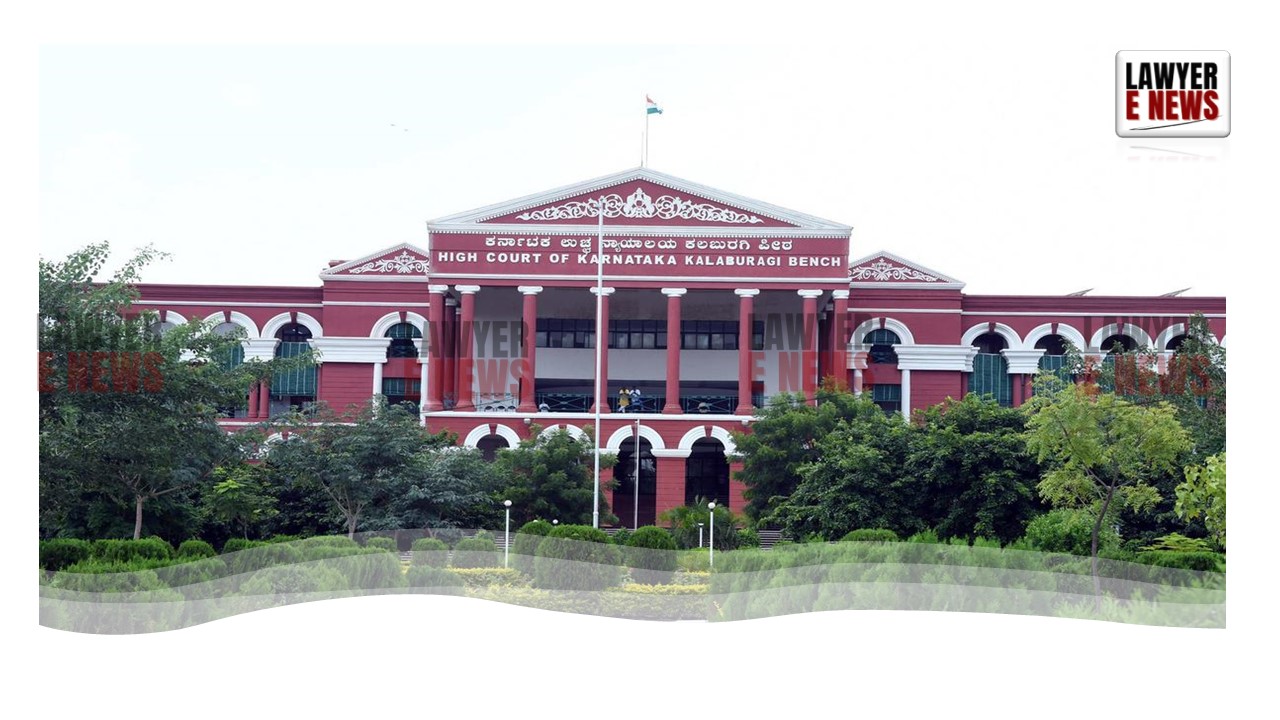-
by Admin
15 February 2026 5:35 AM



High Court of Karnataka dismissed the appeal of the plaintiff, ABC Trading Company, in a case concerning the recovery of ₹21,59,653/-. The Court ruled that the company had no standing to file the suit because the cheque at the heart of the dispute was issued to its Managing Director in his personal capacity, not to the company.
The Court highlighted the fundamental principle that a corporation is a separate legal entity from its directors or members. The cheque in question was drawn in the name of the company’s Managing Director, Sri V.G. Siddartha Hegde, rather than the company itself. The Court concluded that this distinction invalidated the company's claim.
The case arose from a series of business transactions between ABC Trading Company and the defendant, Sri Ruben Colaco, a coffee planter. The defendant had received fertilizers and monetary advances from the plaintiff in exchange for promises to supply coffee from his estate. However, the defendant failed to deliver the agreed-upon coffee. As a result, ABC Trading Company sued for the recovery of ₹14,07,456/- based on an unpaid cheque issued by the defendant, along with accrued interest and legal fees, totaling ₹21,59,653/-.
The suit was originally dismissed by the Additional Senior Civil Judge, Chikmagalur, on 2nd December 2010. The Court had found that the cheque, which was central to the plaintiff's claim, was issued to Mr. Hegde personally, not to ABC Trading Company. The plaintiff company then filed an appeal, leading to this High Court decision.
The core issue was whether ABC Trading Company could recover the amount based on a cheque that was made out to its Managing Director in his individual capacity. The plaintiff contended that the Managing Director acted on behalf of the company and that a Special Power of Attorney (S.P.A.) authorized the company's legal actions.
However, the Court rejected this argument, noting that a company and its directors are distinct legal entities under the Companies Act. The S.P.A. (Exhibit P.7), while authorizing Mr. Hegde to represent the company, did not allow the company to sue based on a cheque issued to him personally. Additionally, the cheque was deposited into Mr. Hegde’s personal account, and the legal notice related to the cheque was issued on his behalf, further confirming the personal nature of the transaction.
The High Court upheld the Trial Court’s findings, stating that "the plaintiff being a company registered under the Companies Act is a separate legal entity from its members or its Chairman and Managing Director." Therefore, the company had no right to file the suit based on the cheque in Mr. Hegde's name.
The High Court dismissed the appeal, confirming that ABC Trading Company could not claim recovery based on a cheque issued to its Managing Director in his individual capacity. The Court also declined the plaintiff’s request to remand the case for reconsideration, finding no error in the Trial Court’s decision.
Date of Decision: 30th September 2024
M/S ABC Trading Company Ltd v. Sri Ruben Colaco
